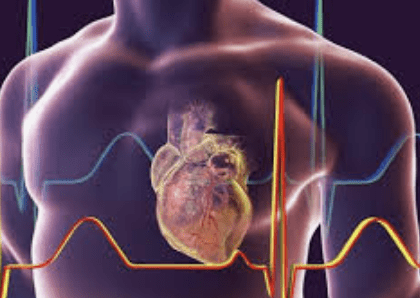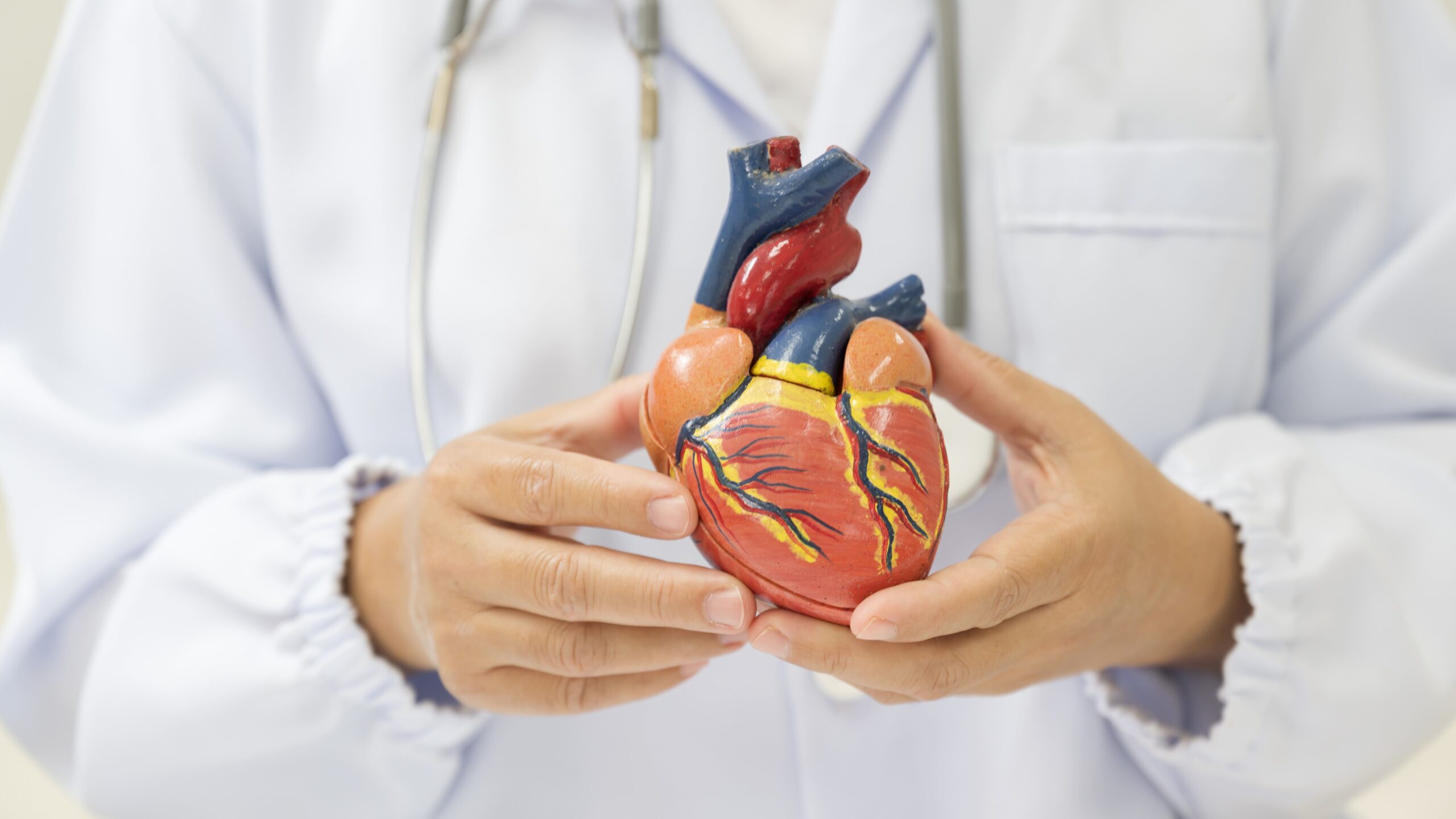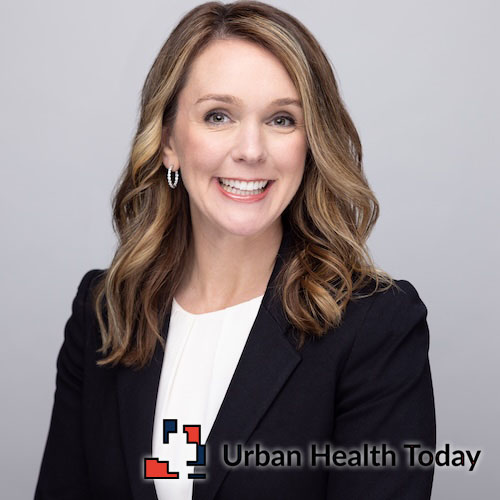
During her Presidential Address at the American Heart Association’s Scientific Sessions in Chicago’s McCormick Convention Center, Dr. Michelle Albert— the first woman of color and Black woman to serve as the president of the organization—discussed the correlation between economic adversity and cardiovascular health. Dr. Albert argues that the effects of economic hardship extend far beyond simple survival. There’s also the risk of harming their health.
In her speech, Dr. Albert discussed how adversity translates into clinical medicine, the biology of adversity, and, most importantly, how economic adversity underpins it all.
After years of studying how adversity translates into clinical medicine, Dr. Albert developed an equation to help conceptualize the answer. According to Dr. Albert, cardiovascular outcomes are grouped with well-being on the left side of the equation, and adversity, modified by resilience and primarily counterbalanced by wealth plus traditional risk factors on the right side.
“In this context,” Albert said, “wealth can be finances, social capital, support, or even joy. Wealth is the currency that can help counter the experience of adversity. This formula provides a way to understand these interconnections. Wealth, therefore, is a crucial fulcrum.”
Dr. Albert also talked about the “discrimination iceberg,” which shows the connection between racial and ethnic discrimination and cardiovascular disease.
“About one-third of discrimination is readily observable or overt, like hate crimes,” she said. “But two-thirds are like the dangerous majority of an iceberg—they are covert, hidden below the surface.”They include structural racism and implicit biases.”
According to Dr. Albert, research shows significant associations between everyday discrimination and surrogate biomarkers and cardiovascular diseases, such as elevated c-reactive protein levels, coronary artery calcification, hypertension, low birth weight, and poor sleep.
She further dove into the biology of adversity, which can also have intergenerational links. Pregnant women, for example, can pass on the effects of psychosocial stressors to their children via epigenetic mechanisms.
“Adverse maternal experiences such as depression, economic issues, and low social status can lead to poor cognitive outcomes as well as cardiovascular disease,” Albert said.
According to Dr. Albert, while it might be tempting to think education may bridge the wealth gap between race and ethnicity, it is not that simple.
“Many jarring statistics illuminate a marked wealth gap by race and ethnicity,” she said. “You might be thinking education could help bridge that gap. But it is not that simple. While education does increase wealth, the returns are not the same for everyone. “Black persons need a postgraduate degree just to attain similar wealth as white individuals with a high school degree.”
Dr. Alberts advocates resilience and the use of novel and creative interventions to reduce economic adversity and its negative impact on health.
“For example, we can maximize resilience at a societal level by providing access to councilors or organizations who can facilitate supportive relationships and by building a sense of self-efficacy and perceived control. Resilience can also be enhanced by providing opportunities to strengthen adaptive skills and self-regulatory capabilities, as well as by mobilizing sources of faith, hope, and cultural traditions.”
Source: American Heart Association News







 © 2025 Mashup Media, LLC, a Formedics Property. All Rights Reserved.
© 2025 Mashup Media, LLC, a Formedics Property. All Rights Reserved.